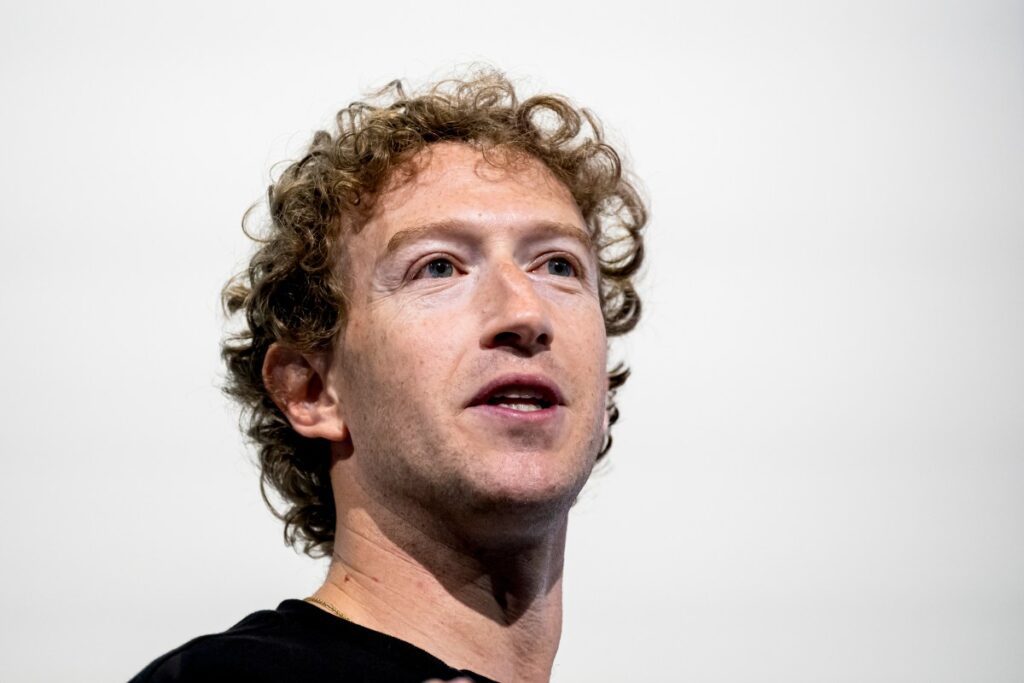Professors Support Authors in Copyright Case Against Meta
A coalition of copyright law experts has submitted an amicus brief advocating for authors involved in a lawsuit against Meta Platforms, Inc. This legal action centers on allegations that Meta unlawfully utilized ebooks to develop its Llama AI models without obtaining necessary permissions.
Details of the Legal Brief
Filed in the U.S. District Court for the Northern District of California, the brief argues that Meta’s assertions of fair use are excessively broad. The professors contend that the request for expanded legal privileges represents a significant departure from established court precedents regarding the rights of human authors.
“The use of copyrighted works to train generative models is not ‘transformative,’ because using works for that purpose is not relevantly different from using them to educate human authors, which is a principal original purpose of all of [authors’] works,” the brief states. This assertion emphasizes that using copyrighted content in such a manner facilitates the creation of competing works within the same markets—a commercial endeavor when undertaken by a profit-driven organization like Meta.
Background of the Case
The case, titled Kadrey v. Meta, involves well-known authors, including Richard Kadrey, Sarah Silverman, and Ta-Nehisi Coates, who claim their intellectual property rights have been violated. They allege that Meta not only trained its AI models using their copyrighted ebooks without permission but also removed copyright management information from these works to obscure the infringement.
Court Proceedings Update
Recently, U.S. District Judge Vince Chhabria allowed the case to proceed, although he dismissed certain aspects of it. In his ruling, Judge Chhabria noted that the authors’ allegations of copyright infringement constitute a legitimate injury sufficient to establish standing. He also highlighted that they successfully claimed Meta had intentionally removed copyright management information to conceal its infringement.
Implications for AI and Copyright Law
This legal battle is part of a growing trend, as several similar copyright lawsuits concerning AI technologies are currently under consideration. Notably, The New York Times has initiated its own lawsuit against OpenAI, further highlighting the contentious intersection of artificial intelligence and intellectual property rights.


